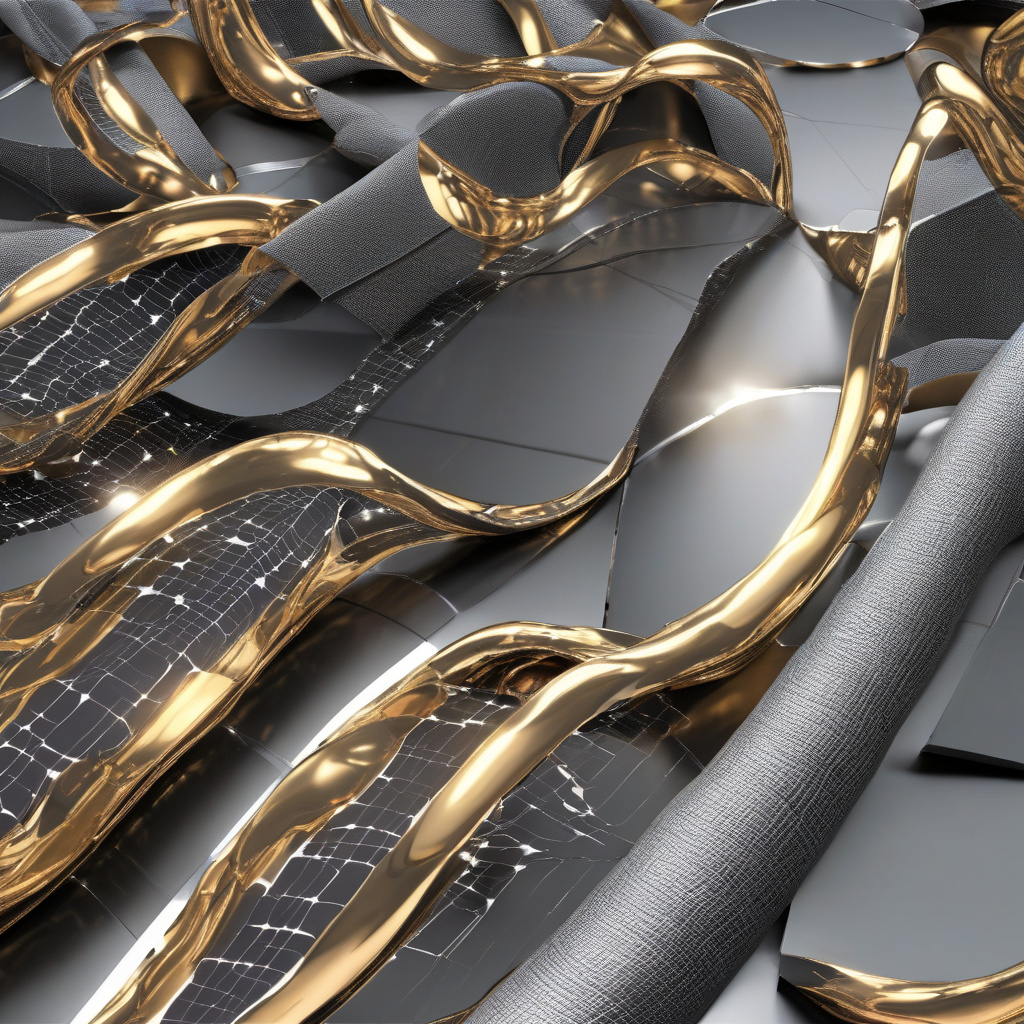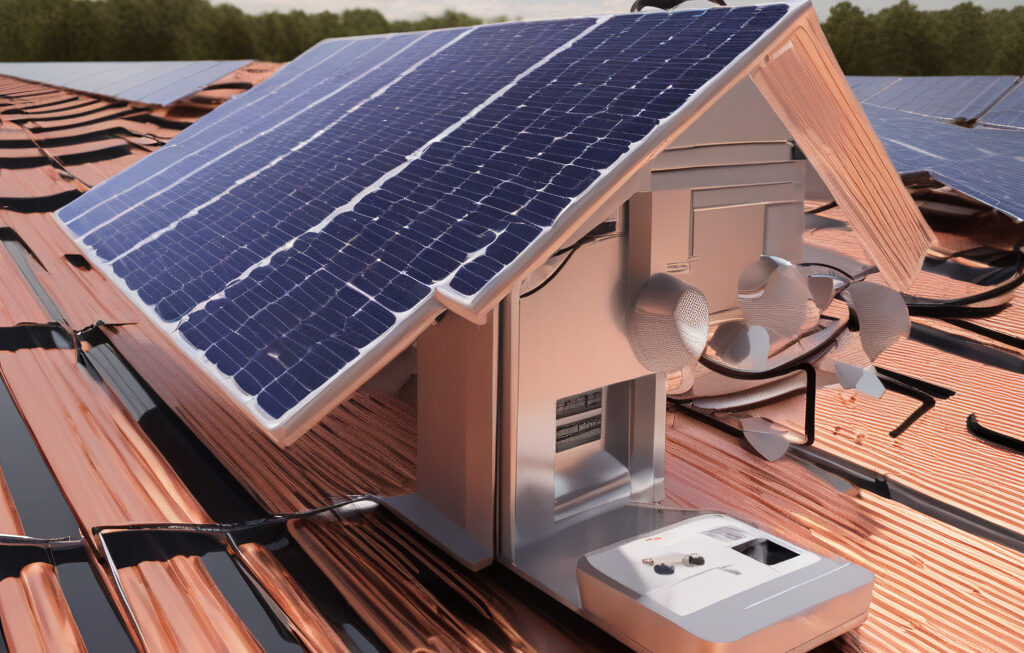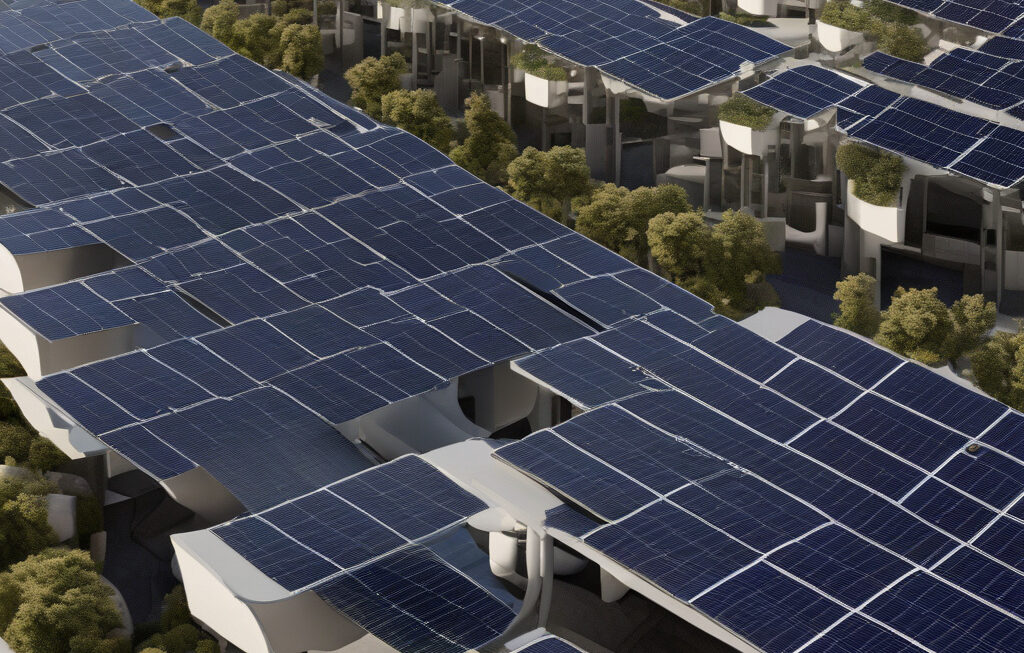New Bendable Solar Cells Stay Stable for 2,000 Hours Under Heat and Humidity
A European consortium has made progress in developing flexible, low-cost perovskite solar cells with carbon electrodes that can withstand the test of time. These innovative solar cells are designed to remain stable for an impressive 2,000 hours even when subjected to high temperatures and humidity levels. This breakthrough marks a significant advancement in the field of renewable energy technology and paves the way for a more sustainable future.
Perovskite solar cells have been gaining attention in recent years due to their high efficiency and potential for low-cost production. However, one of the main challenges associated with these cells has been their stability under harsh environmental conditions. The European consortium’s achievement in creating bendable solar cells that can maintain their performance for an extended period under heat and humidity brings us one step closer to overcoming this obstacle.
The use of carbon electrodes in these flexible solar cells plays a key role in enhancing their stability. Carbon is known for its durability and resistance to corrosion, making it an ideal material for ensuring the longevity of the solar cells. By incorporating carbon electrodes into the design, the consortium has succeeded in increasing the cells’ resilience to external factors, such as heat and humidity, which are known to degrade the performance of traditional solar cells over time.
In addition to their enhanced stability, these bendable solar cells offer the advantage of flexibility, allowing them to be easily integrated into a variety of applications. Their lightweight and adaptable nature make them suitable for use in curved surfaces, portable electronics, wearable devices, and other innovative products. This versatility opens up new possibilities for harnessing solar energy in unconventional ways and expanding the reach of renewable power sources.
The 2,000-hour stability milestone achieved by the European consortium is a significant step forward in the commercialization of perovskite solar cells. The ability of these cells to maintain their performance for an extended period under harsh environmental conditions brings them closer to meeting the durability standards required for widespread adoption. This development is a testament to the continuous efforts of researchers and engineers to improve the efficiency, reliability, and practicality of solar energy technologies.
As the demand for renewable energy solutions continues to grow, innovations like bendable solar cells with enhanced stability will play a crucial role in shaping the future of sustainable energy production. By overcoming the challenges of environmental degradation and durability, these advanced solar cells offer a promising pathway towards a more resilient and eco-friendly energy infrastructure. The European consortium’s success in developing solar cells that can withstand 2,000 hours of heat and humidity sets a new benchmark for the industry and inspires further advancements in the field of solar technology.
In conclusion, the development of bendable solar cells that can remain stable for 2,000 hours under heat and humidity represents a significant breakthrough in renewable energy research. With their enhanced durability and flexibility, these innovative solar cells hold great promise for a wide range of applications and pave the way for a more sustainable energy future. The progress made by the European consortium underscores the importance of continual innovation in advancing solar technology and driving the transition towards a cleaner, greener planet.
solarcells, renewableenergy, sustainability, innovation, europeanconsortium












